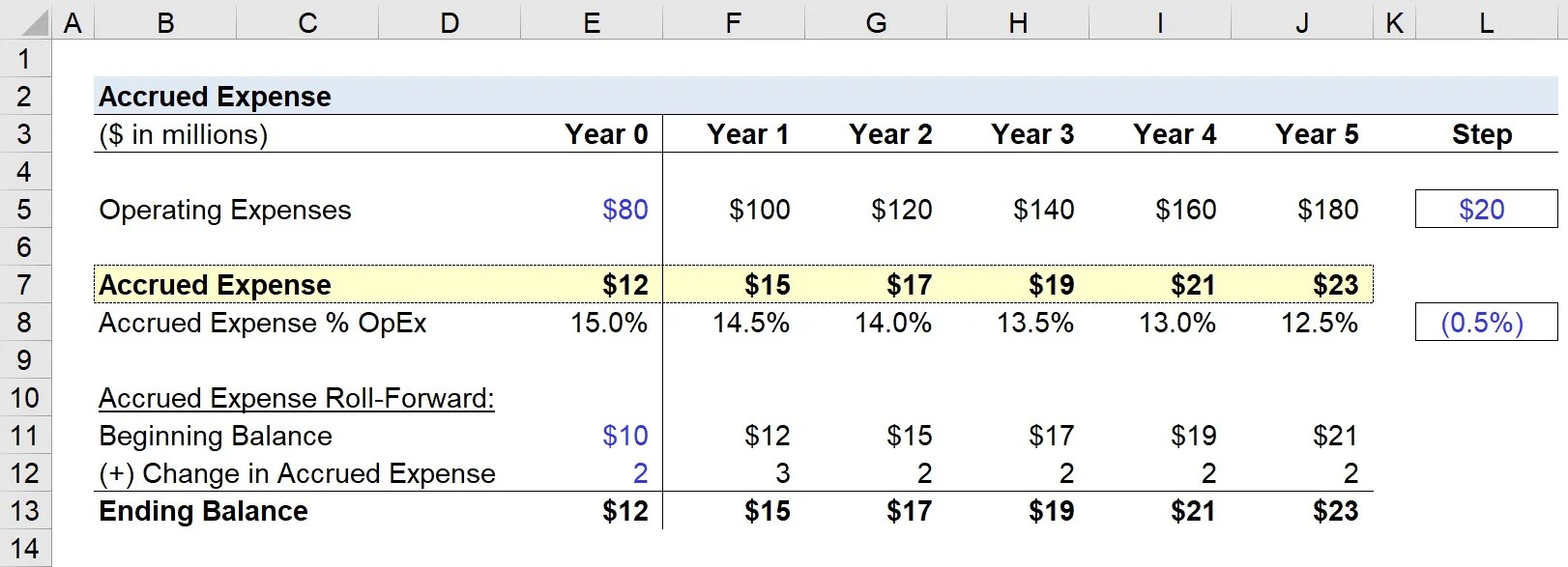

Finance
Accrued Interest Adjustment Definition
Published: September 28, 2023
Discover the meaning of accrued interest adjustment in finance. Learn how this concept affects your accounts and investments.
(Many of the links in this article redirect to a specific reviewed product. Your purchase of these products through affiliate links helps to generate commission for LiveWell, at no extra cost. Learn more)
Understanding Accrued Interest Adjustment in Finance
When it comes to managing your finances, it’s crucial to have an understanding of various concepts and terms that can have a significant impact on your investments and financial transactions. One term you may come across is “Accrued Interest Adjustment.” In this blog post, we’ll delve into the definition, importance, and implications of Accrued Interest Adjustment in finance.
Key Takeaways:
- Accrued Interest Adjustment refers to the process of accounting for the interest that has accumulated on an investment or financial instrument.
- This adjustment is necessary to ensure accurate calculations of interest income or expenses and to reflect the true financial position.
What is Accrued Interest Adjustment?
Accrued Interest Adjustment is a concept used in finance to account for the interest that has been earned or accumulated but not yet received or paid out. This adjustment is necessary to ensure accurate calculations of interest income or expenses and to reflect the true financial position.
So how does it work? Let’s say you have invested in a bond that pays interest semi-annually. At the end of the interest accrual period, the bond issuer owes you the interest for that period. However, if you decide to sell the bond before the interest payment date, the buyer will expect compensation for the interest that has accrued but not yet been received. That compensation is known as the Accrued Interest Adjustment.
The Importance of Accrued Interest Adjustment
Accrued Interest Adjustment is essential for maintaining accurate financial records and ensuring fair transactions. Here are a few reasons why this adjustment is crucial:
- Accurate financial statements: Including the Accrued Interest Adjustment in financial statements enables accurate reporting of interest income or expenses, providing a true representation of a company’s financial position.
- Fair transactions: When buying or selling financial instruments, the Accrued Interest Adjustment ensures that both parties are compensated fairly for the accrued interest. This adjustment prevents any potential disputes or misunderstandings during the transaction.
- Proper interest income recognition: By accounting for accrued interest, investors can ensure that they receive the correct amount of interest income they are entitled to.
Accrued Interest Adjustment is commonly used in various financial transactions, including bond markets, mortgage loans, and other interest-bearing investment instruments. It helps maintain transparency and accuracy in financial reporting, benefiting both investors and businesses alike.
In Conclusion
Accrued Interest Adjustment is a vital concept in finance that ensures accurate financial reporting and fair transactions. By accounting for the interest that has accrued but not yet been received or paid out, this adjustment plays a crucial role in maintaining the integrity of financial records and reflecting the true financial position. Financial professionals, investors, and businesses must have a solid understanding of this concept to make informed decisions and effectively manage their finances.














